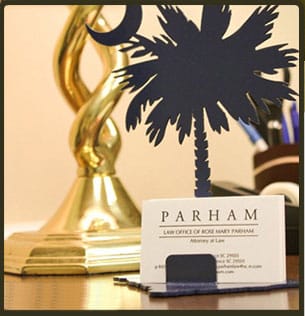If you have ever been pulled over by law enforcement officers alongside a South Carolina roadside on suspicion of drunk driving, you may have been asked to submit to a breath test. Law enforcement officers use these breath tests to analyze your blood alcohol level and determine whether you are driving under the influence of alcohol. Since officers cannot take a blood sample to test the level of alcohol in your system on the side of the road, the breath test serves as an alternative. However, the readings received from breath test devices may not be accurate.
Since the machine uses an exhaled breath sample to determine the amount of alcohol in your blood, errors can occur during the conversion process. There are several factors that can influence the readings as well, making them less accurate and reliable. Breath test machines that are not routinely calibrated can give false results. Furthermore, if an officer uses the device incorrectly, the readings may be wrong a well. Environmental factors, such as pollution, gas fumes and smoke in the air can affect the readout. Other factors, such as electrical static from officers’ hand-held radios and cellphones, as well as the relative temperature and humidity of the air may alter readings as well, making them higher.
According to a study performed by the State University of New York at Potsdam, BAC levels obtained from breath test devices can vary by as much as 15 percent from the BAC level obtained from an actual blood test. This inflation may lead to a wrongful DUI charge and conviction.
This information is intended to educate and should not be used as legal advice.


